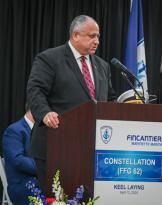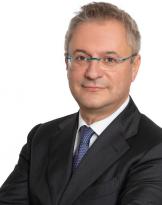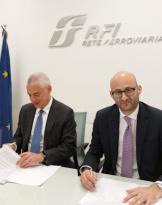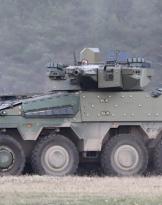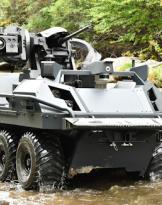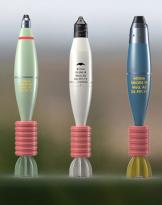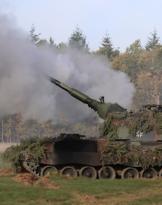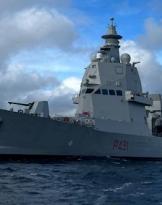2Excel, a UK-based company operating in the aviation services sector, has been awarded a contract by Leonardo to launch the next phase of the Tempest Flight Test (FTA) program. The partners will completely modify an airliner, which will be transformed into a flying laboratory to test technologies for aerial combat. On board, scientists and engineers will test the futuristic sensors and communications of the Tempest, the next generation fighter aircraft that the UK is developing together with international partners, with the aim of entering service in 2035.
Named "Excalibur" in reference to the legendary sword of King Arthur, the commercial aero has been modified according to the "digital-first" method that the partners of Team Tempest are already adopting for the tests of the next generation sensors that will be on board of the Tempest. Excalibur will provide the real environment necessary for the continuation of the last phases relating to the complex integrated sensors, non-kinetic effects and communications that Leonardo is developing. Excalibur will be available to Tempest's international partners to minimize the risks associated with the technology under development. The aircraft could also be used as a complement in the implementation of unmanned technology, including the role of a control hub for remotely guided platforms, being tested.
This contract follows two years of joint work between Leonardo and 2Excel on the concept and design of the FTA. The phase had seen partners evaluate the suitability of a commercial airliner as a testbed and digitally model some of the proposed modifications, including the most significant ones to the front. The new contract focuses on the preparatory work to be carried out on the 2Excel aircraft and will allow the technological development phase to be carried out within the set time frame.
Leonardo, one of the founding companies of Team Tempest, leads the integrated sensors and non-kinetic effects activities of the Tempest, as well as its communication system. The company has worked successfully with 2Excel for many years, adopting the aviation specialists' philosophy of "doing the hard things right" to test advanced equipment, such as radar and electronic protection equipment. The close collaboration between Leonardo and 2Excel has made it possible to carry out the FTA program in line with the agile approach underlying the entire Tempest program, which aims to halve the costs and time required to build a fighter aircraft.
Excalibur will not only be used to test the equipment of the Tempest with the aim of reducing the risks associated with the program but its use is also foreseen for the flight tests of other projects both UK and international.
The concept and design phase of the Tempest Flight Test (FTA)
The concept and design phase of the FTA laid the foundations for the design of Excalibur, a solution that includes Leonardo's requirements for the placement of sensors and support equipment, both inside and outside the aircraft. The activity was developed based on the size, weight and power requirements of the advanced technology that will fly Excalibur and defined the appropriate locations and the provision of necessary services, such as power, cooling, racking, observation stations, data processing and recording.
The possible external modifications that will be made, including those to the front of the aircraft, have been designed to allow the analysis of aerodynamic and structural impact on the aircraft, respecting the requirements set by Leonardo for the installation of the equipment.
More specific design activities will continue in the next 12 months relating to the installation of the Tempest systems and the details of the flight test program. Leonardo and 2Excel will analyze and confirm the proposed installation solutions. In addition, Excalibur will have a representative cockpit in the passenger cabin and other equipment testing instruments. Flight test instrumentation will be integrated prior to the basic tests required for future certification of the modified aircraft.
2Excel is currently working on the conversion of the aircraft to Excalibur at its large engineering centers in Lasham, Hampshire. The existing aircraft can carry a payload of 28 tons (or over 14,5 tons if full of fuel) at 42.000 feet up to Mach 0,86, sailing at Mach 0,8. The range it is capable of carrying as a full payload is 3.900 nm. Excalibur can fly for eight hours.


